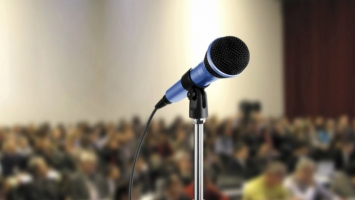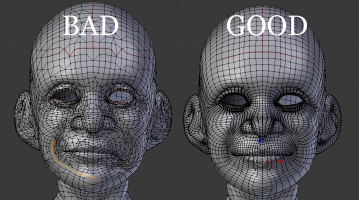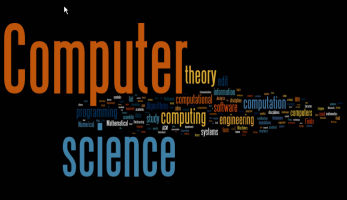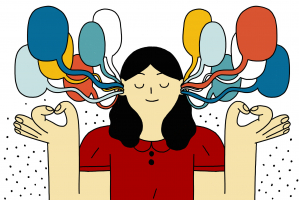Top 10 Best Books On Humanitarian Aid
There are many top books on humanitarian aid, whether you're looking to start a career in aid work or are an experienced humanitarian looking to learn more ... read more...about what you do. We've put together a thorough list of the best books covering a wide range of humanitarian topics, from the personal memoirs of humanitarian workers to in-depth research into humanitarian affairs. Take a look at our list of the best books on humanitarian aid.
-
Responding to humanitarian catastrophes around the world took up a large portion of Jessica Alexander's ten-year career. She was a former Fulbright scholar and has worked for numerous NGOs and UN organizations. She graduated from Columbia with two master's degrees and is currently pursuing a PhD.
After the 1994 genocide, Jessica Alexander came to Rwanda as an enthusiastic intern hoping to help the efforts of the global humanitarian relief community. However, the world she encountered in the field was vastly apart from anything she had ever envisioned. Even though it was messy, hectic, and challenging, she was captivated.
She exposes readers to the reality of life as an aid worker in her open and humorous book. We observe her as she oversees a 24,000-person camp in Darfur, gathers information for the Charles Taylor trial in Sierra Leone, and takes part in the extensive relief effort to rebuild a devastated Haiti. But we also observe the drunken gatherings and short-lived relationships, the burnouts and self-doubt, and the struggle to do good in areas where suffering has long persisted.
Alexander transports readers to some of the most troubled regions of the world and traces her personal journey from a wide-eyed and naive newcomer to a hardened cynic and, ultimately, to a hopeful but critical realist. In Chasing Chaos, she not only shows us the challenges that seem insurmountable, but also the moments of resilience and recovery.Author: Jessica Alexander
Link to buy: https://www.amazon.com/Chasing-Chaos-Decade-Out-Humanitarian/dp/0770436919/
Ratings: 4.5 out of 5 stars (from 273 reviews)
Best Sellers Rank: #610,027 in Books
#312 in Disaster Relief (Books)
#571 in Human Rights (Books)
#19,693 in Memoirs (Books)
https://www.amazon.com/ 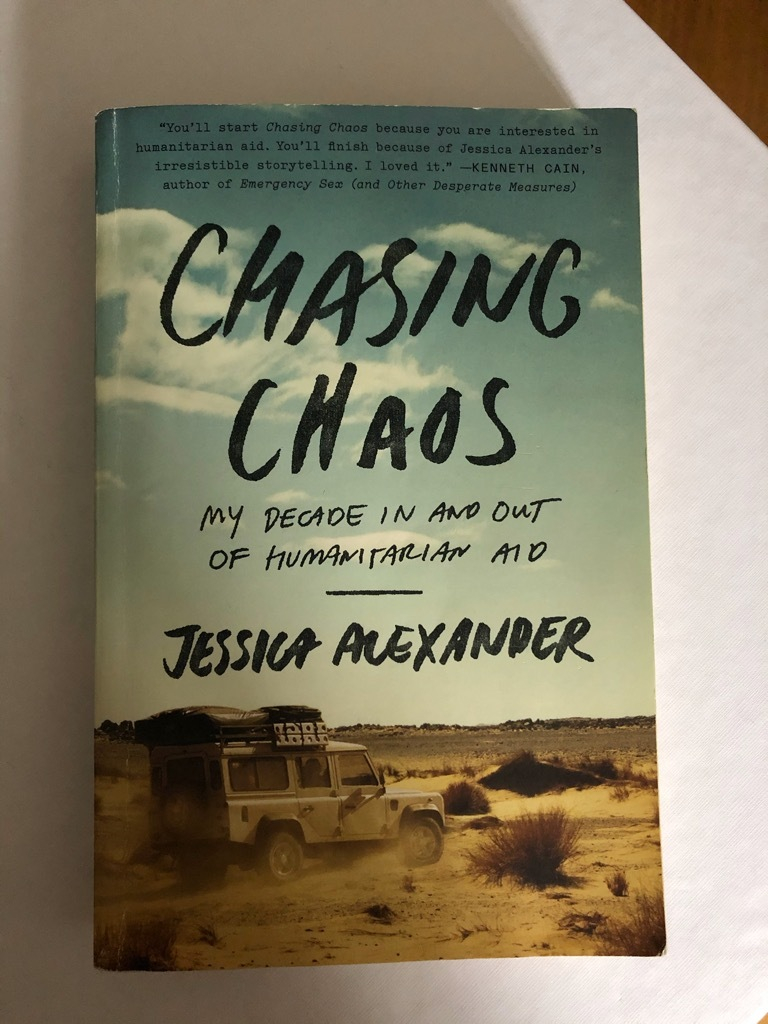
https://allegrolokalnie.pl/ -
Early in the 1990s, three young people are attempting to alter not only their lives but potentially the entire globe. In Cambodia, where their fortunes are to become inexorably linked, Andrew, Ken, and Heidi cross paths due to their attraction to the UN's ambitious global peacekeeping operation. Their experiences intertwine throughout the ensuing years as they pass through war-torn, lawless nations like Haiti, Rwanda, Bosnia, Somalia, and Bosnia, where the UN's intervention is more necessary than anywhere else. The three, motivated by ideals, fight to do the best they can while being entangled in a maze of bureaucracy and ineffective leadership. In an effort to retain their humanity as disenchantment sets in, they engage in black humor, celebration, and "emergency sex."
Emergency Sex is a brutal and heartbreaking film that explores urgent global issues without ever losing sight of the individual. The book sparked a great deal of controversy upon its initial release because of its harsh criticism of the West's disregard for developing nations and the UN's recurrent unwillingness to take effective action. The book was called for to be banned by Kofi Annan, and discussion regarding the UN's future course ensued. It is a book that has generated a lot of buzz since it is so masterfully written and mordantly humorous.
The most notorious novel about providing humanitarian relief is probably Emergency Sex (and Other Desperate Measures). The book takes readers on a tangled journey via the experiences of three young professionals who join the UN. Emergency Sex blends real-life experiences of working on the front lines of humanitarian situations with an expose of the UN bureaucracy and a critique of the West's ineffective responses to global issues, from Cambodia to Rwanda, Bosnia to Serbia.
Emergency Sex is a must-read for anyone interested in humanitarian work or the United Nations. It is both famous and infamous in equal measure. The book is brutally honest in showing how idealism may result in despair as the authors work their way through the convoluted layers of UN bureaucracy and ineffective leadership. Emergency Sex, which is very frank, humorous, moving, and critical, generated a lot of controversy when it was released.
Author: Andrew Thomson, Heidi Postlewait and Kenneth Cain
Link to buy: https://www.amazon.com/Emergency-Sex-Other-Desperate-Measures/dp/0091908868/
Ratings: 4.5 out of 5 stars (from 168 reviews)
Best Sellers Rank: #983,635 in Books
#1,731 in Travel Writing Reference
#2,866 in Travelogues & Travel Essays
#32,599 in Politics & Government (Books)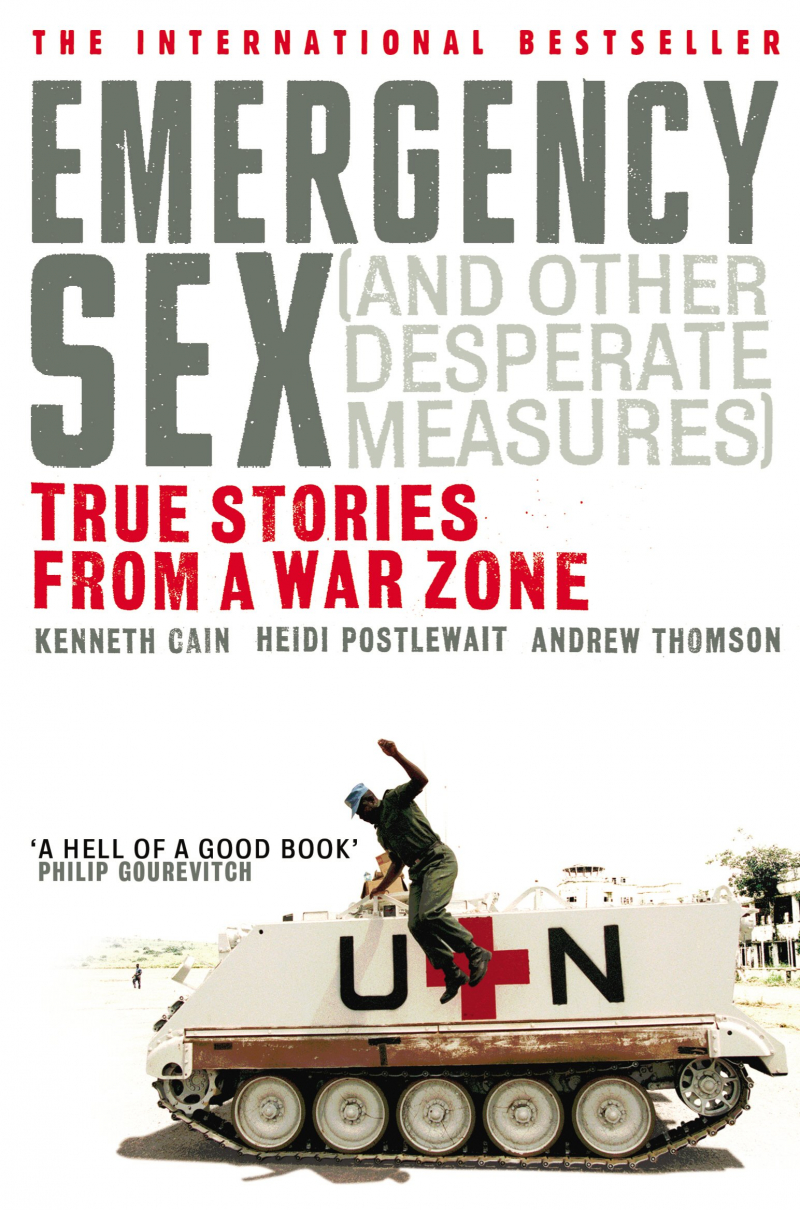
https://www.amazon.com/ 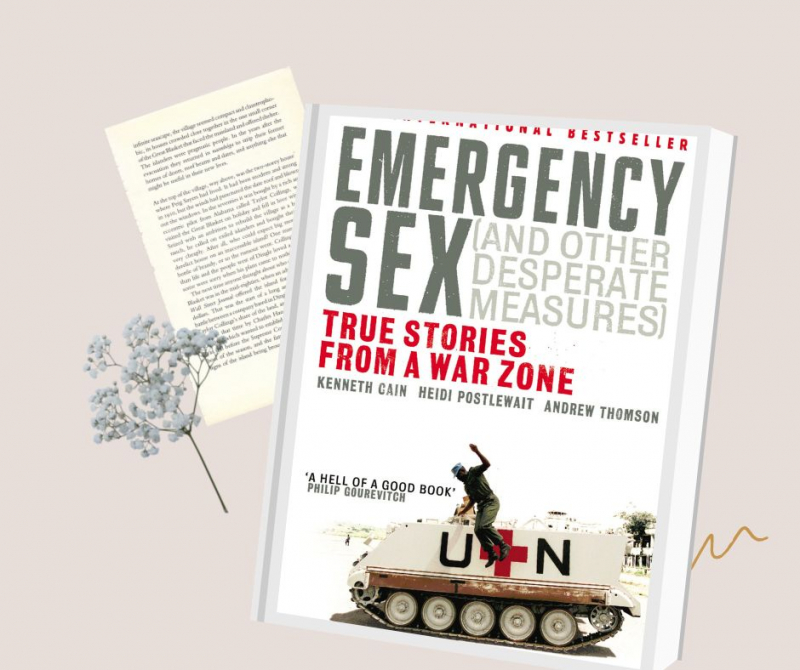
https://www.amazon.com/ -
The followers of a blog that Australian doctor Damien Brown maintained while serving in Africa inspired him to start writing seriously following his last humanitarian assignment. He is the author of Band-Aid for a Broken Leg.
When he shows up for his first posting with Medecins Sans Frontieres in Africa, the young physician Damien Brown believes he is prepared. The hospital where he is to serve as the sole physician is full of malnourished children and other conditions he has never seen, and the health workers—Angolan war veterans twice his age who speak no English—walk out on him after an altercation on his first shift. Instead, the town he is sent to is a remote outpost of mud huts surrounded by landmines. Damien faces these difficulties over the coming months while also adjusting to the ludicrous social situations that come with having just three other volunteers for company.
The medical catastrophes mount—a leopard attack, a landmine explosion, and needing to conduct surgery with equipment cleaned on the fire—but Damien's enthusiasm for the job develops as his relationships with the locals deepen. This touching testimonial to the work done by medical humanitarian organizations and the exceptional and occasionally strange people who work for them details life on the medical frontlines in Angola, Mozambique, and South Sudan. It is a painful and honest narrative.Author: Damien Brown
Link to buy: https://www.amazon.com/Band-Aid-Broken-Leg-Doctor-Borders/dp/1743315562/
Ratings: 4.5 out of 5 stars (from 130 reviews)
Best Sellers Rank: #892,798 in Books
#271 in Australia & New Zealand History
#1,696 in Medical Professional Biographies
#27,695 in Memoirs (Books)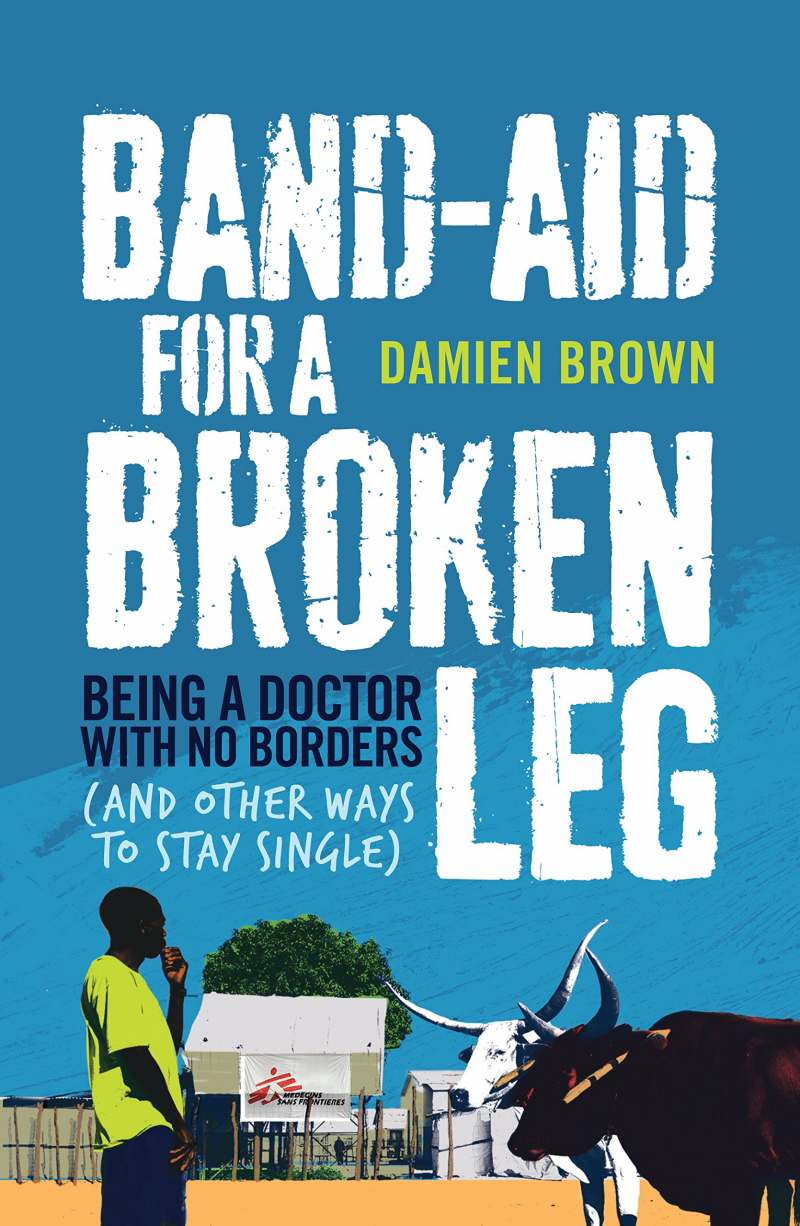
https://www.amazon.com/ 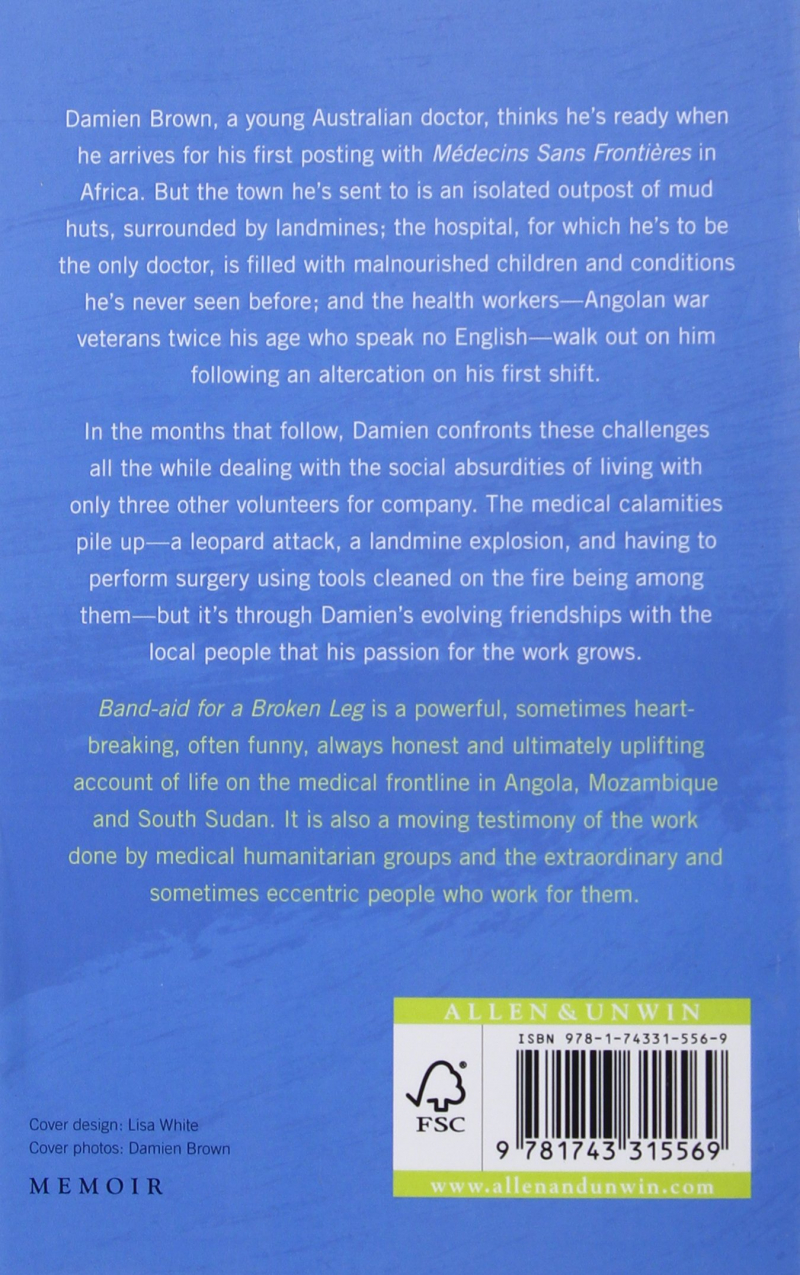
https://www.amazon.com/ -
Christopher J. Coyne has two positions: Associate Director of the F. A. Hayek Program for Advanced Study in Philosophy, Politics, and Economics at the Mercatus Center and F. A. Harper Professor of Economics at George Mason University. He is the author of After War: The Political Economy of Exporting Democracy, the coeditor of The Handbook on the Political Economy of War, and the coauthor of Media, Development, and Institutional Change.
Millions of people's lives were impacted by the devastating earthquake that struck Haiti in 2010. All throughout the world, people heeded the call to help those in need. However, two years later, government- and NGO-led humanitarian operations have largely failed. Due to bureaucratic red tape, resources are not getting to the needy, and many resources have been wasted. How can initiatives to alleviate suffering so utterly fail? Christopher J. Coyne uses the economic way of thinking to explain why this and other humanitarian attempts that have the best of intentions ultimately fail or have negative effects in this topical and thought-provoking book.
Coyne takes into account a wide variety of actions in addition to Haiti. He explains why the U.S. government was ineffective in the aftermath of Hurricane Katrina, why the international humanitarian push to overthrow Muammar Gaddafi in Libya might end up creating more issues than prosperity, and why decades of attempts to address crises and promote development around the world have repeatedly failed.
Doing Bad by Doing Good presents a daring alternative to the prevalent strategy for state-led humanitarian action, one that is concentrated on creating an atmosphere of economic freedom. We expand the variety of options for aid and give people more power to make improvements to their communities if we are willing to experiment with it. For example, we might ask questions about how to foster development as a process of societal discovery or how else we might engage the private sector. This book offers a smart and innovative reinterpretation of humanitarian action for anybody interested in and committed to reducing human suffering in the short or long term, from policymakers and activists to academics.Author: Christopher J. Coyne
Link to buy: https://www.amazon.com/Doing-Bad-Good-Humanitarian-Action/dp/0804772282/
Ratings: 4.6 out of 5 stars (from 26 reviews)
Best Sellers Rank: #288,198 in Books
#146 in Economic Policy
#154 in International Economics (Books)
#189 in Economic Policy & Development (Books)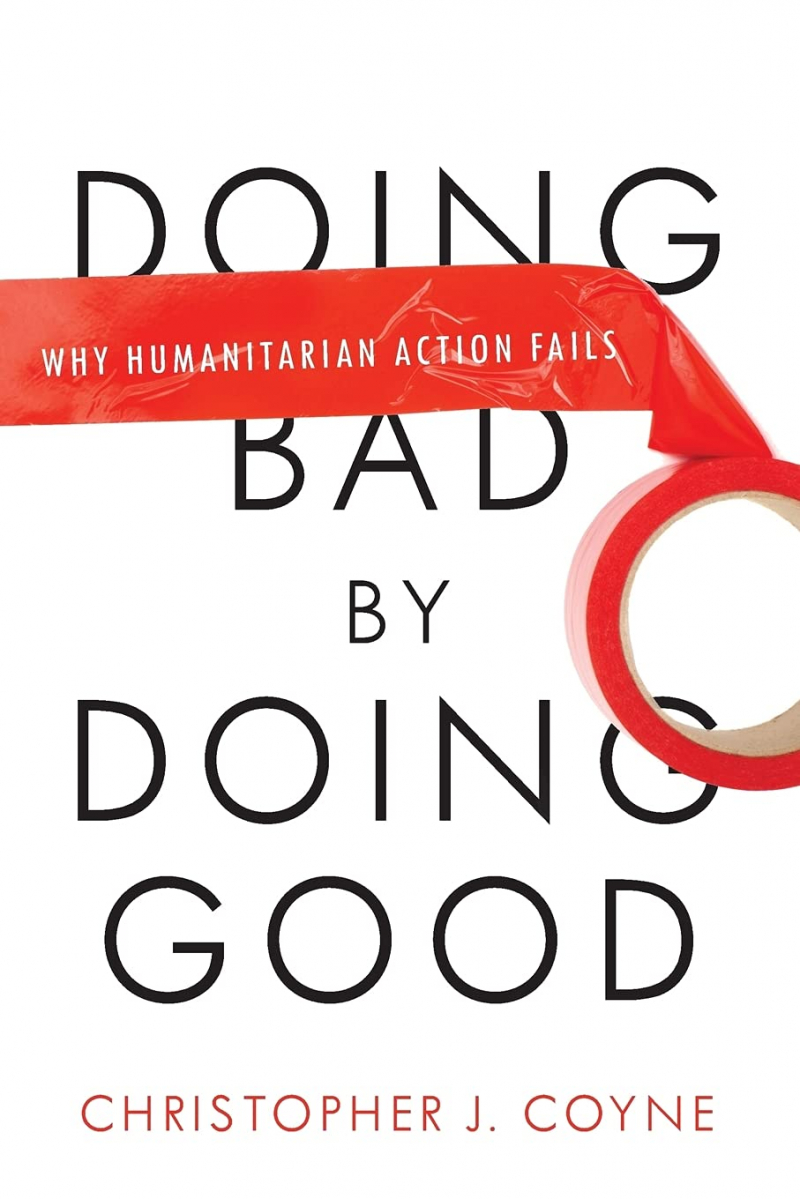
https://www.amazon.com/ 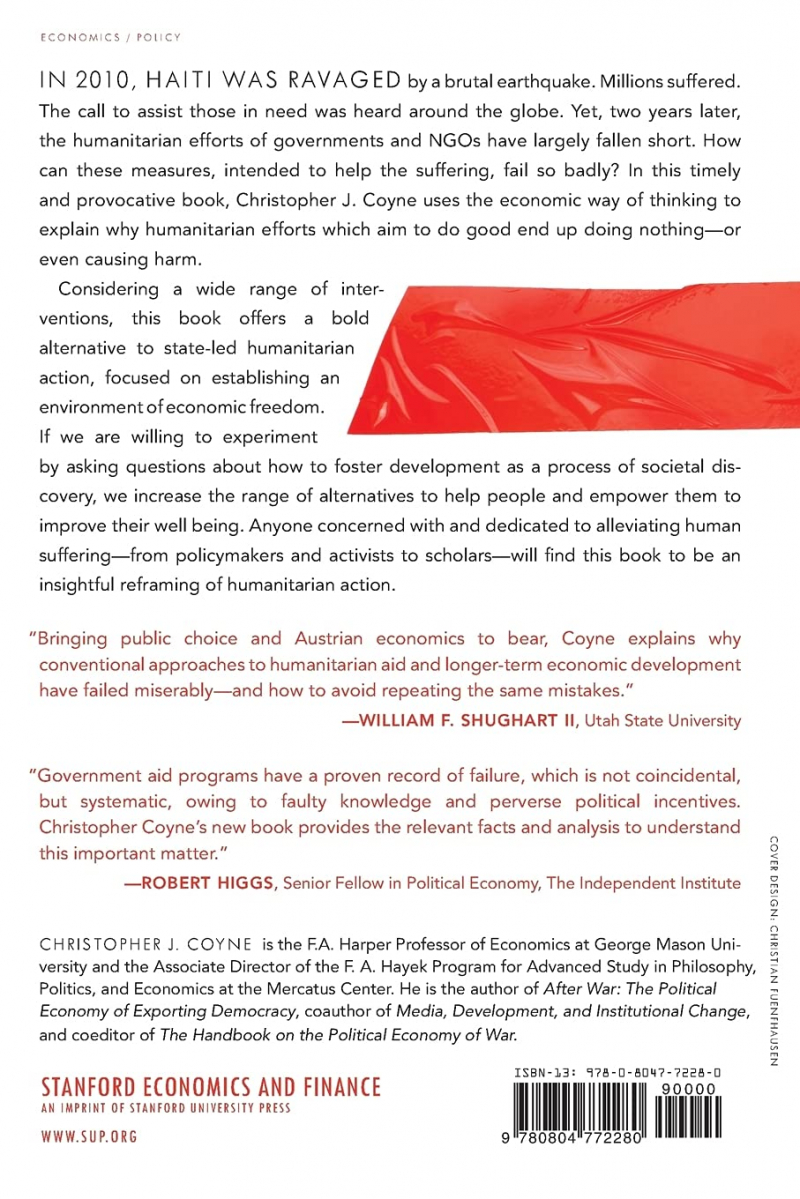
https://www.amazon.com/ -
Hugo Slim (PhD) is a renowned researcher in the field of humanitarian studies with a focus on international business ethics, civilian protection, and humanitarian ethics. His book Killing Civilians: Method, Madness, and Morality in War is available at the University of Oxford Institute for Ethics, Law, and Armed Conflict.
Humanitarians must be unbiased, autonomous, professionally skilled, and solely committed to preventing and alleviating human suffering. Living up to these ideals can be challenging when others do not share them, and convincing political, military, and non-state actors to permit an agency's assistance on the ground calls for astute ethical abilities.
Arriving at a conflict or natural disaster is merely the first step because relief workers are frequently and quickly faced with moral and practical decisions. For instance, when does practical cooperation turn into complicity in human rights abuses when one works closely with a belligerent or an immoral regime? If refugee and displaced person camps are in fact sites of imprisonment, should one work there? Do humanitarian organizations that are constantly prepared to "mop-up" the effects of scorched earth warfare unintentionally promote ethnic cleansing? Humanitarian Ethics was created to assist humanitarians in analyzing and handling these and other moral conundrums.Author: Hugo Slim
Link to buy: https://www.amazon.com/Humanitarian-Ethics-Guide-Morality-Disaster-ebook/dp/B01AIIYNVA/
Ratings: 4.6 out of 5 stars (from 23 reviews)
Best Sellers Rank: #1,198,405 in Kindle Store
#354 in Disaster Relief (Kindle Store)
#400 in Social Services & Welfare (Kindle Store)
#1,024 in Disaster Relief (Books)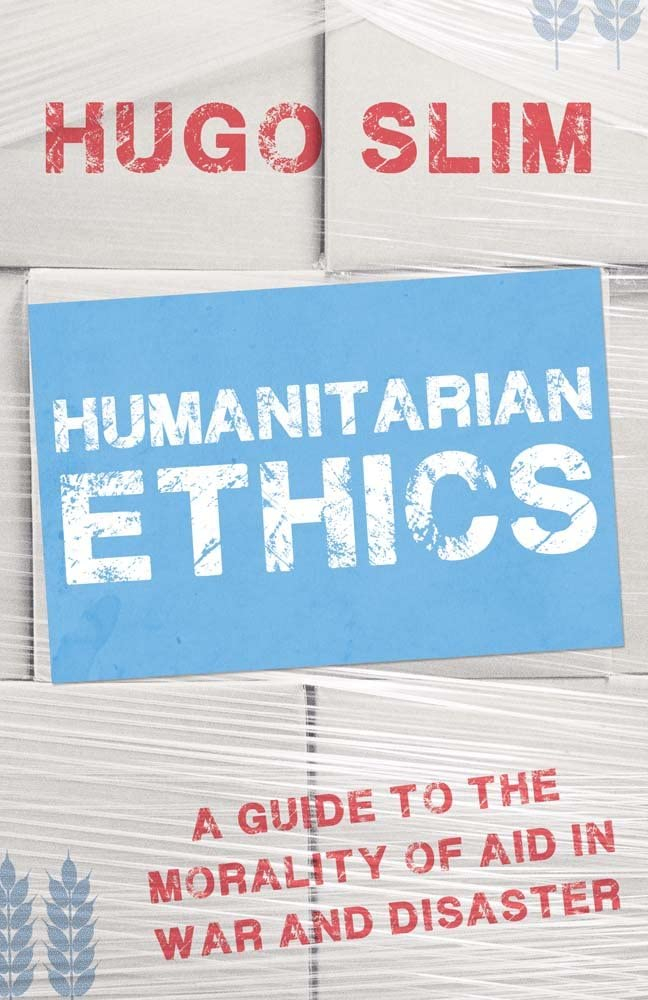
https://www.amazon.com/ 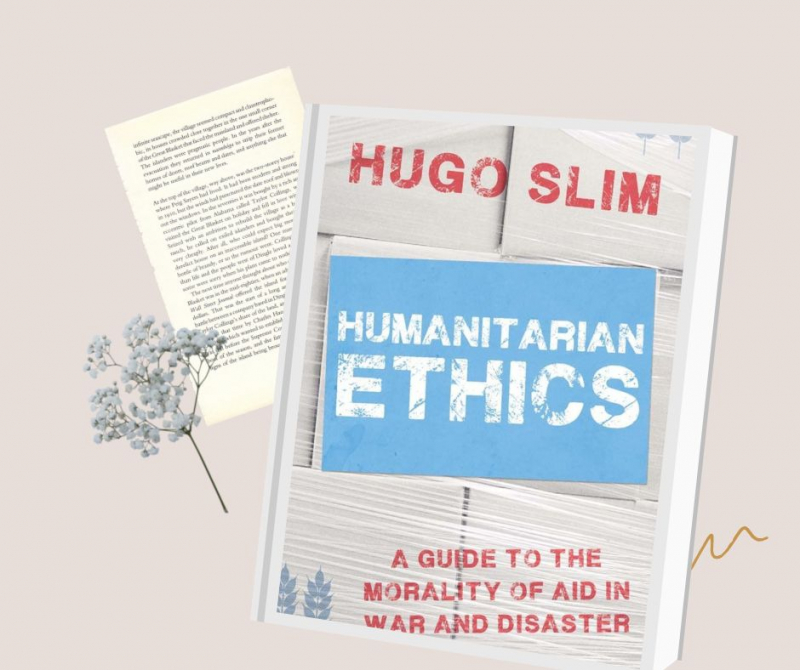
https://www.amazon.com/ -
For fifteen years, Linda Polman, an Amsterdam-based journalist, has covered combat zones for several European radio stations and publications. We Did Nothing, which was placed on the Lettre Ulysses Award shortlist for the Art of Reportage, was written by her. She is also the author of The Crisis Caravan, one of the best books on humanitarian aid.
An unflinching, divisive exposé of the financial greed and murky ethics that characterize the humanitarian aid industry. A sizable business has emerged around humanitarian help. Approximately 37,000 groups fight for a piece of the $160 billion prize each year, with "fact-inflation" occasionally boosting disaster coverage to raise more money. Aid has been a constant component of military strategy for insurgents and belligerent states; genocidaires set up camp in refugee camps, and aid is redirected to feed the troops. Even though humanitarian organizations continue to uphold the sacrosanct ideal of neutrality, they have increasingly joined in on the wrongdoing associated with aid.
Journalist Linda Polman takes us to war zones all over the world in a narrative that is passionate, compelling, and occasionally darkly absurd in order to show how often the best intentions of aid workers are thwarted. She visits NGO-heavy operations in "Afghaniscam" and Texas Mercy Ships floating clinics that are proselytizing off the coast of West Africa. It's time, according to Polman, to set ethical boundaries, consider if taking action is always preferable to inaction, and hold humanitarians accountable for the results of their actions.Author: Linda Polman
Link to buy: https://www.amazon.com/Crisis-Caravan-Whats-Wrong-Humanitarian/dp/0312610580/
Ratings: 4.5 out of 5 stars (from 62 reviews)
Best Sellers Rank: : #1,387,520 in Books
#86 in Non-Governmental Organization Policy
#752 in Disaster Relief (Books)
#1,039 in African Politics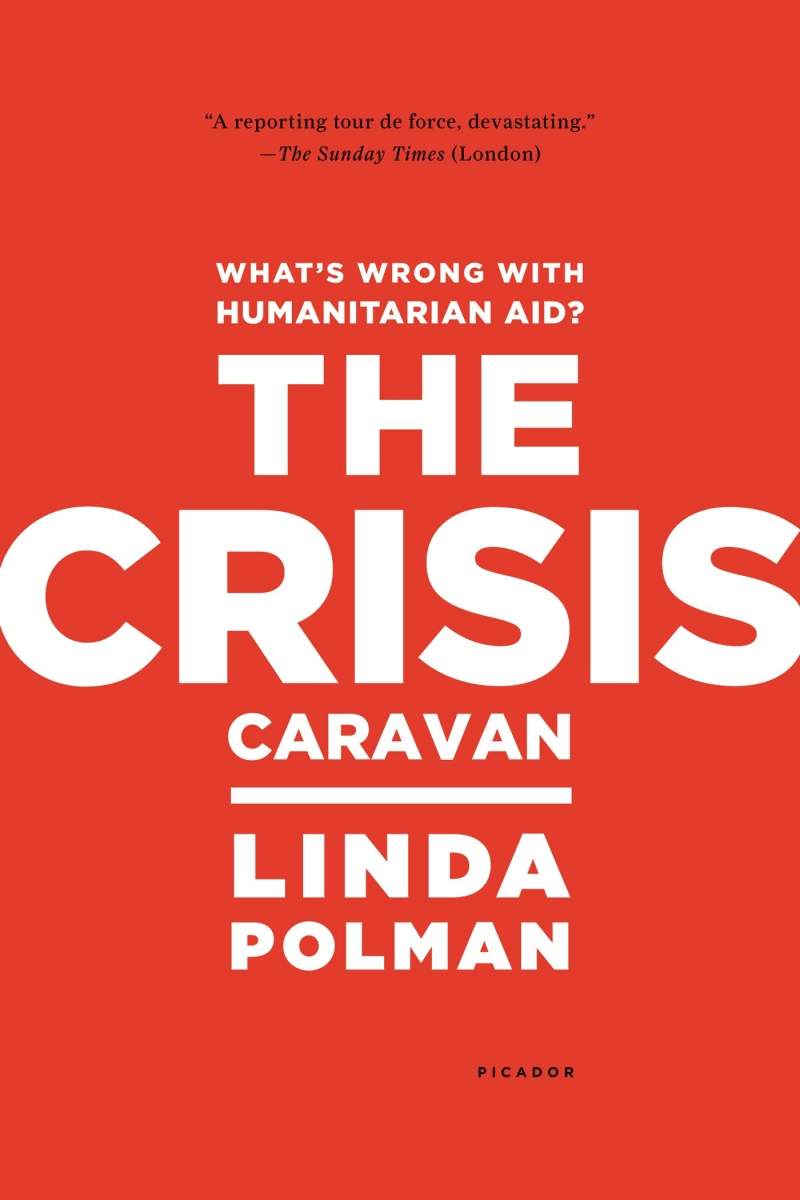
https://www.amazon.com/ 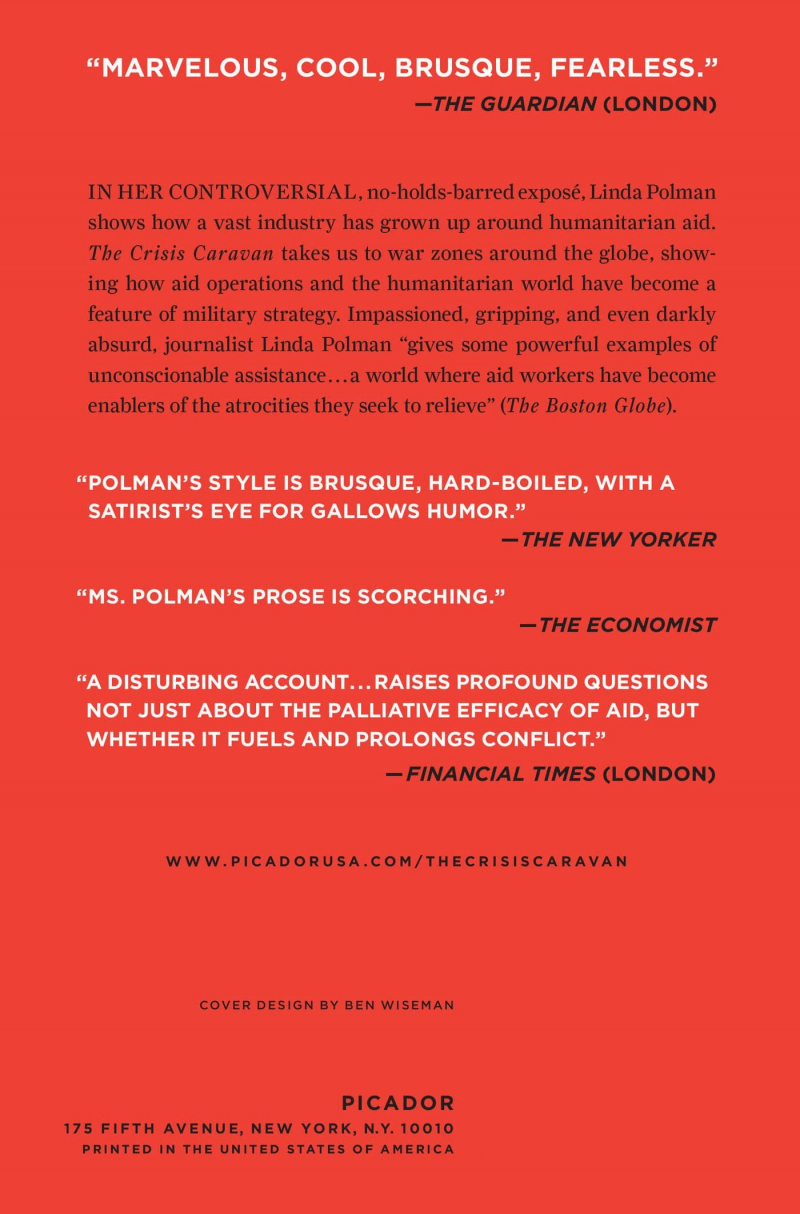
https://www.amazon.com/ -
Medecins Sans Frontieres/Doctors Without Borders' former global president, James Orbinski, collected the Nobel Peace Prize on MSF's behalf in 1999. He assisted in the launch of MSF's Access to Essential Medicines Campaign in 1999, and he has represented MSF in speeches to the World Health Organization, the World Bank, the United Nations High Commission for Relief, the United Nations Security Council, the White House, and ministers and heads of state from all over the world. He served as chair of MSF's Neglected Diseases Working Group after his tenure as the organization's president ended in 2001. He left MSF in 2004 to create Dignitas International, a group dedicated to providing community-based care for those living with HIV/AIDS in underdeveloped nations.
James Orbinski still believes in "the good we can be if we so choose" despite having witnessed things we hope never to witness, faced hardship, indifference, and evil we hope never to encounter, and endured intense personal agony. Stories from his own experience as a doctor on the front lines in Peru, Somalia, Afghanistan, Rwanda, and Zaire serve as his chosen medium for sharing this information. These stories contain cautionary tales, expressions of hope, and guidance on how we can incorporate humanitarian activity into our daily lives. He has come to realize that being political is not just for politicians; it is necessary for compassion. Orbinski's voice is strong, and his message is urgent, with the attention to detail of the best writer and the empathy of the most devoted doctor. An Imperfect Offering is essential reading for everyone looking to make a difference in this period of immense political and moral turmoil.Author: James Orbinski
Link to buy: https://www.amazon.com/Imperfect-Offering-Humanitarian-Twenty-First-Century/dp/0802717098/
Ratings: 4.9 out of 5 stars (from 69 reviews)
Best Sellers Rank: #1,804,647 in Books
#586 in Philanthropy & Charity (Books)
#3,484 in Medical Professional Biographies
#53,763 in Memoirs (Books)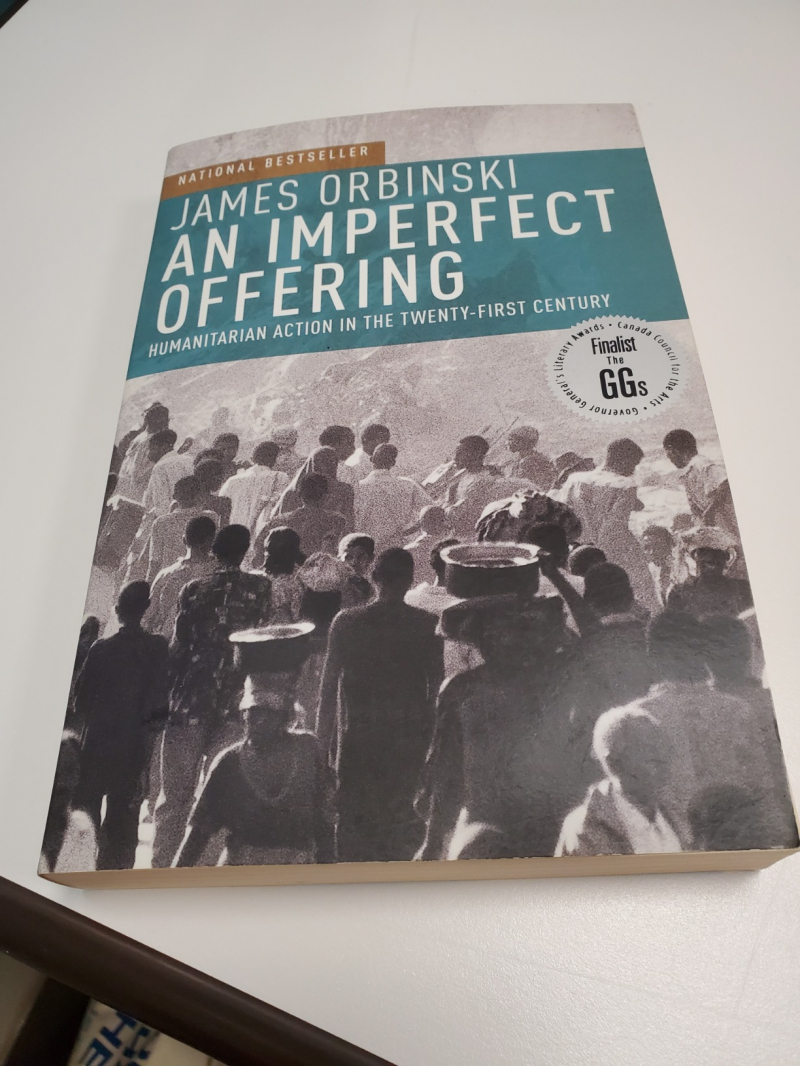
https://www.amazon.ca/ 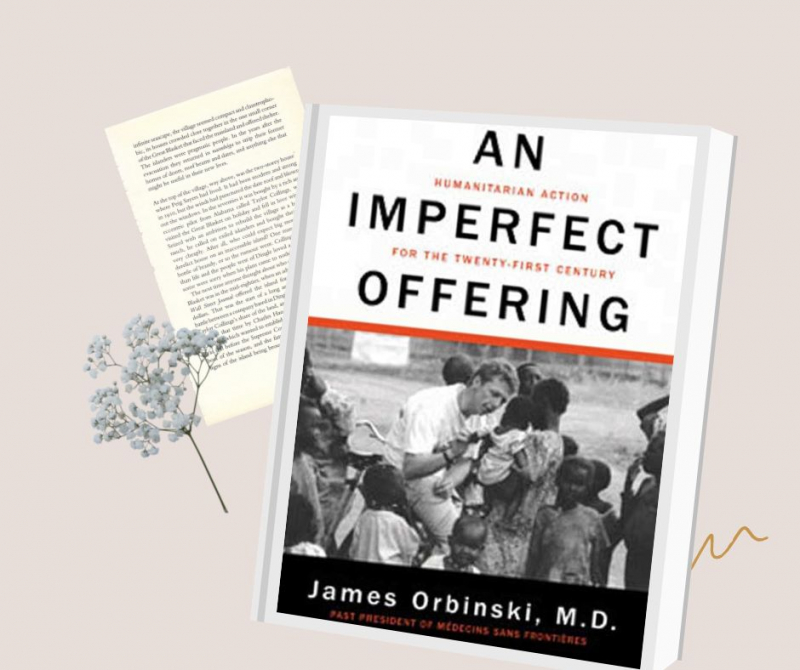
https://www.amazon.com/ -
When a tragedy strikes, the amount of information created can be as overwhelming as the absence of information, which can stymie humanitarian efforts. Traditional humanitarian groups are finding it tough to make sense of this information, or Big Data, which is why they are turning to Digital Humanitarians. In order to directly support relief operations throughout the world, a new generation of humanitarians mobilize online to make sense of massive amounts of data, including social media and text messages, satellite imagery, and aerial footage. How? They create innovative crowdsourcing solutions using ground-breaking artificial intelligence insights. This book traces the astonishing growth of the "Digital Humanitarians," demonstrating how the combination of their compassion with cutting-edge Big Data technologies is fundamentally altering the way humanitarian aid is provided.
For the entirety of its recent history, Patrick Meier has served as the focal point of the digital humanitarian movement. This careful compilation of case studies and analysis offers a first-person perspective of how the methods, procedures, and digital humanitarian community have progressed, failed, and succeeded. There is a nice mixture of easily understandable technical information and, more crucially, stories about the people who have used technology to create tools to aid those in need.
Anyone who believes that new technology and big data, when used appropriately, can save millions of people's lives during disasters and times of crisis should read Digital Humanitarians, one of the best books on humanitarian aid. Meier is a practitioner and visionary who is demonstrating to governments, non-governmental organizations, and all of us how to think about and carry out disaster assistance in the twenty-first century. He is not merely a superb narrator of actual events.Author: Patrick Meier
Link to buy: https://www.amazon.com/Digital-Humanitarians-Changing-Humanitarian-Response/dp/149872647X/
Ratings: 4.2 out of 5 stars (from 26 reviews)
Best Sellers Rank: #602,921 in Books
#252 in City Planning & Urban Development
#284 in Urban Planning and Development
#316 in Disaster Relief (Books)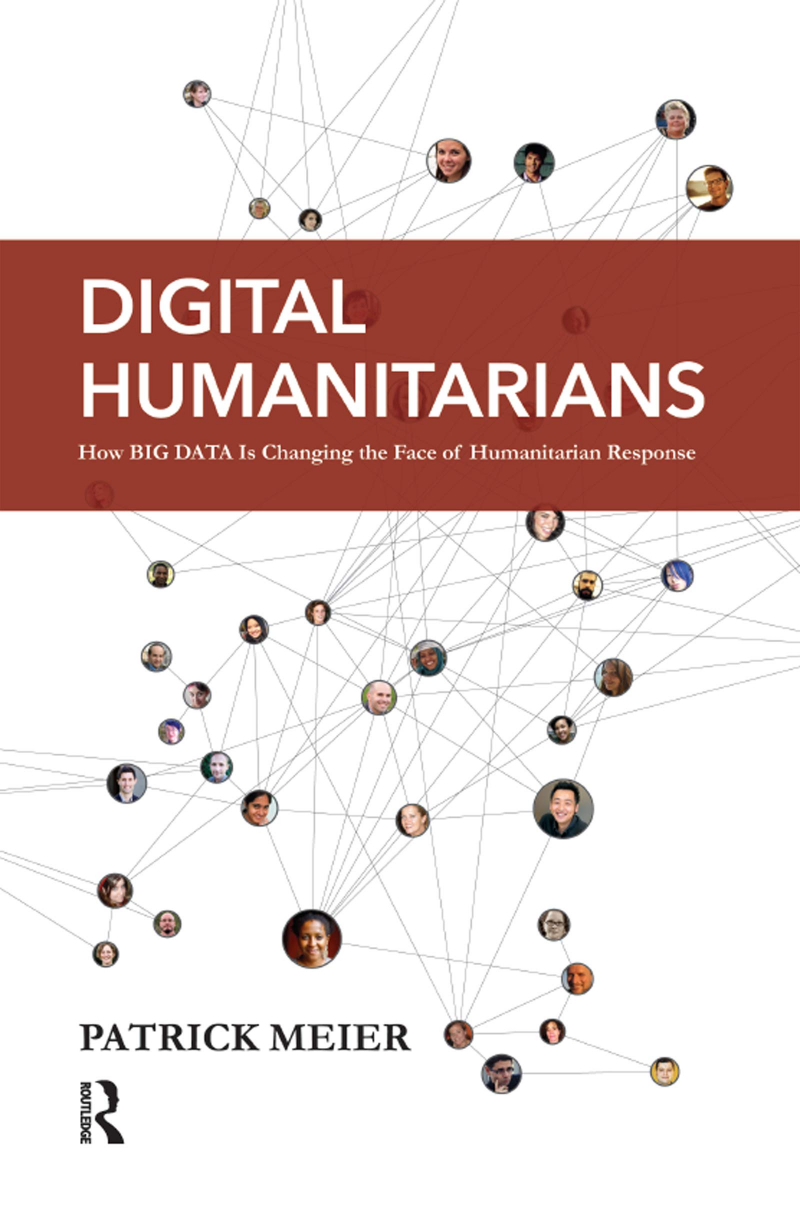
https://www.amazon.com/ 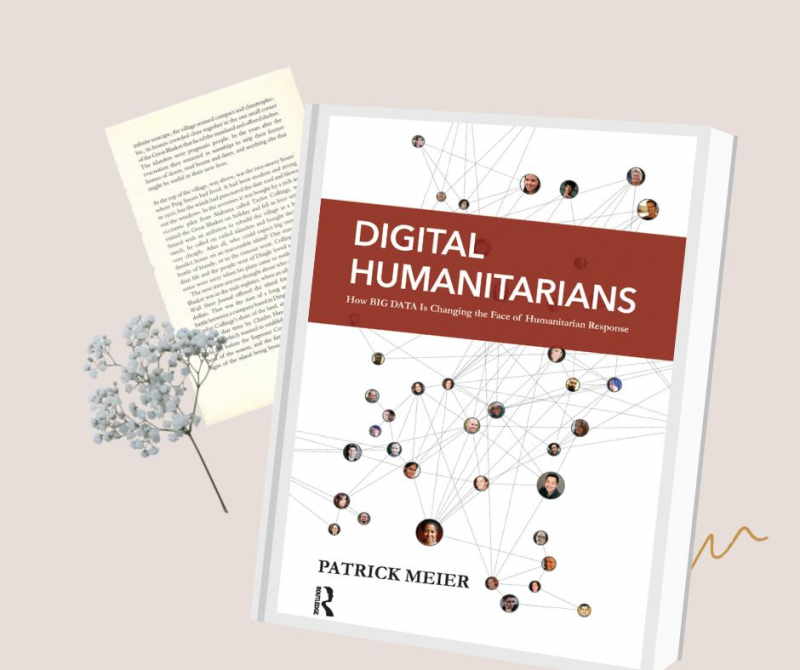
https://www.amazon.com/ -
Chen Reis, JD, MPH, is a clinical associate professor and the program's director at the University of Denver's Josef Korbel School of International Studies. Prior to this, she worked as a technical officer for the World Health Organization, holding positions in the divisions of women's health and health action in emergencies.
Tania Bernath has over twenty years of experience in the field of international humanitarian aid and has both an MA and a diploma in advanced study of evaluation. As both a staff member and consultant, she has worked with and for a diverse range of organizations, including UN agencies like UNOCHA, UNICEF, and UNDP; donors like UKAID and USAID; consulting firms like Overseas Strategic Consulting and Avenir Analytics;...
A study of job listings over a 9-month period and the experiences of persons who have worked in and are presently hiring for humanitarian aid positions are both used in Becoming an International Humanitarian Aid Worker, one of the best books on humanitarian aid. It offers pertinent information and guidance to assist job seekers in making more educated decisions regarding the best course of action. It initially encourages aspiring employees to consider whether this is the best career route for them. As a complete resource for anyone considering a career in international humanitarian relief, it then offers tried-and-true tactics for becoming prepared for a humanitarian profession and being competitive in the humanitarian employment market.Author: Chen Reis and Tania Bernath
Link to buy: https://www.amazon.com/Becoming-International-Humanitarian-Aid-Worker/dp/0128043148/
Ratings: 5 out of 5 stars (from 2 reviews)
Best Sellers Rank: #3,692,502 in Books
#591 in Public Affairs
#1,307 in Philanthropy & Charity (Books)
#1,734 in Natural Disasters (Books)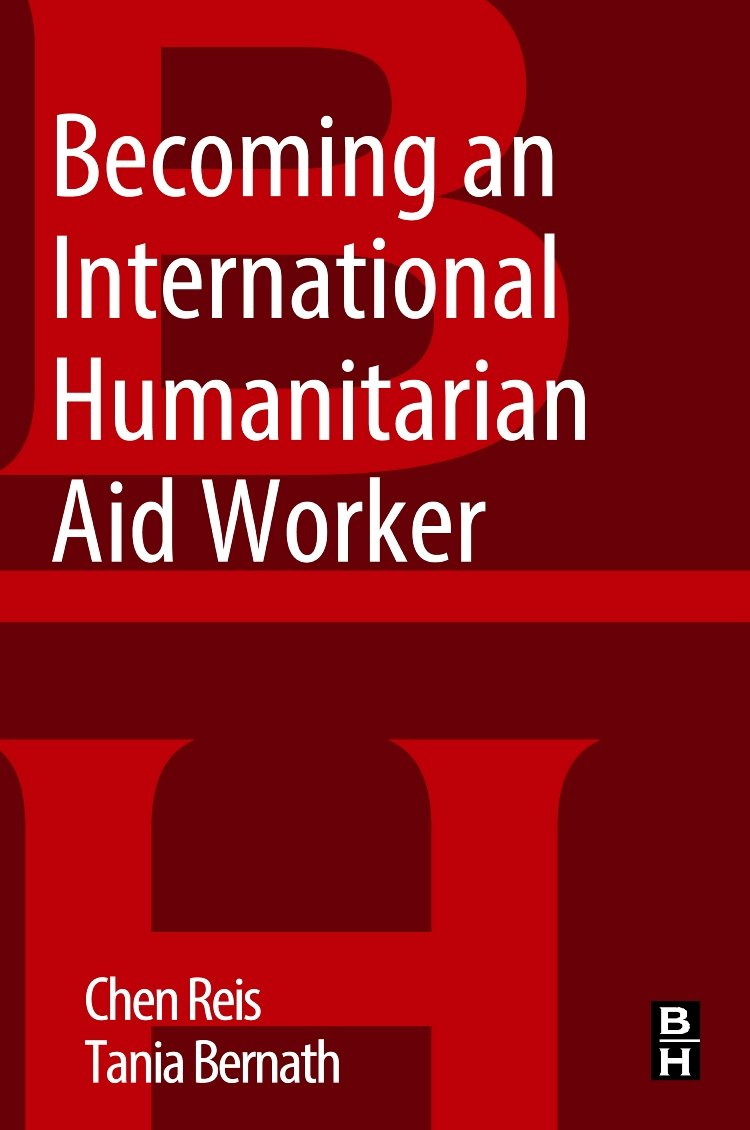
https://www.amazon.com/ 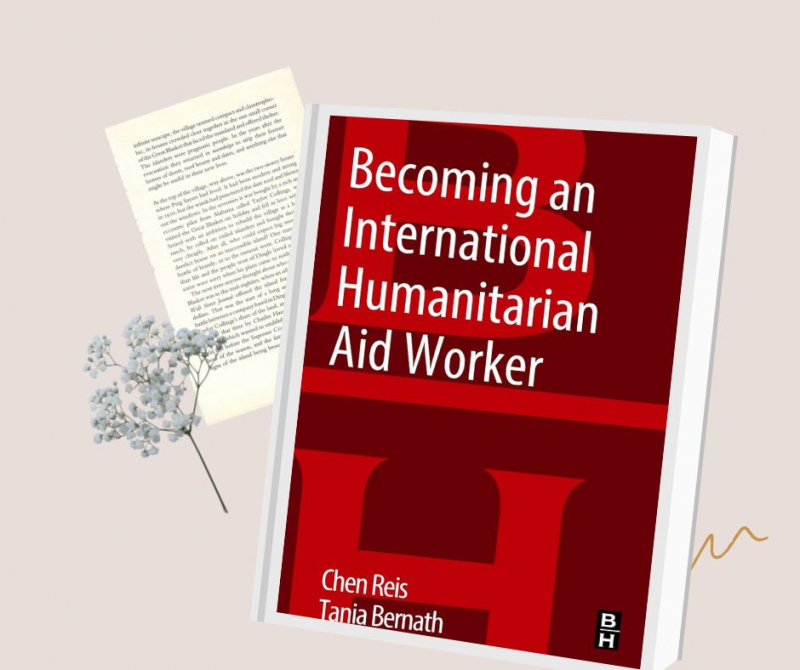
https://www.amazon.com/ -
Before managing Sidaction's international initiatives, Claire Magone spent several years working with Action contre la Faim/Action Against Hunger and Doctors Without Borders. In 1999, Michal Neuman joined Doctors Without Borders. His research focuses on geopolitical concerns, immigration, and political analysis. In the Shadow of "Just Wars": Violence, Politics, and Humanitarian Action is edited by Fabrice Weissman, who has been a member of Médecins Sans Frontières since 1995. Each of the three editors is a director of studies at the Fondation Médecins Sans Frontières' Centre de réflexion sur l'action et les savoirs humanitaires.
Everyone agrees that our "humanitarian space" is getting smaller in the context of the so-called "clash of civilizations," including international NGOs, UN agencies, donors, and observers of humanitarianism. In other words, the radicalization of conflicts and the reaffirmation of state sovereignty over aid actors and programs are eroding the freedom of action and speech of humanitarians.
Humanitarian Negotiations Revealed's goal is to refute this idea by examining the significant events that have shaped MSF's history since 2003. (when MSF published its first general work on humanitarian action and its relationships with governments). It covers the development of humanitarian objectives, opposition to these objectives, and political arrangements that overcome this opposition (or that failed to do so). The authors analyze the political exchanges and power dynamics that support the advancement of aid initiatives but are typically hidden under the high rhetoric of "humanitarian values." What constitutes an acceptable compromise for MSF is their main concern.
Among the best books on humanitarian aid, Humanitarian Negotiations Revealed aims to dispel some of the myths that have developed in the forty years since the founding of MSF and goes into great depth about how the notions of humanitarian values and "humanitarian space" working in conflict areas are, in fact, false. How organizations like MSF may be able to operate in a particular crisis situation - or not - depending on the outcome of shady discussions with various stakeholders, each of whom has their own vested interests.Author: Claire Magone, Michael Neuman and Fabrice Weissman
Link to buy: https://www.amazon.com/Humanitarian-Negotiations-Revealed-MSF-Experience-ebook/dp/B00S4ZTSBA/
Ratings: 4.6 out of 5 stars (from 7 reviews)
Best Sellers Rank: #2,108,071 in Kindle Store
#449 in Non-Governmental Organization Policy
#1,335 in Health Care Delivery (Kindle Store)
#3,160 in Business Systems & Planning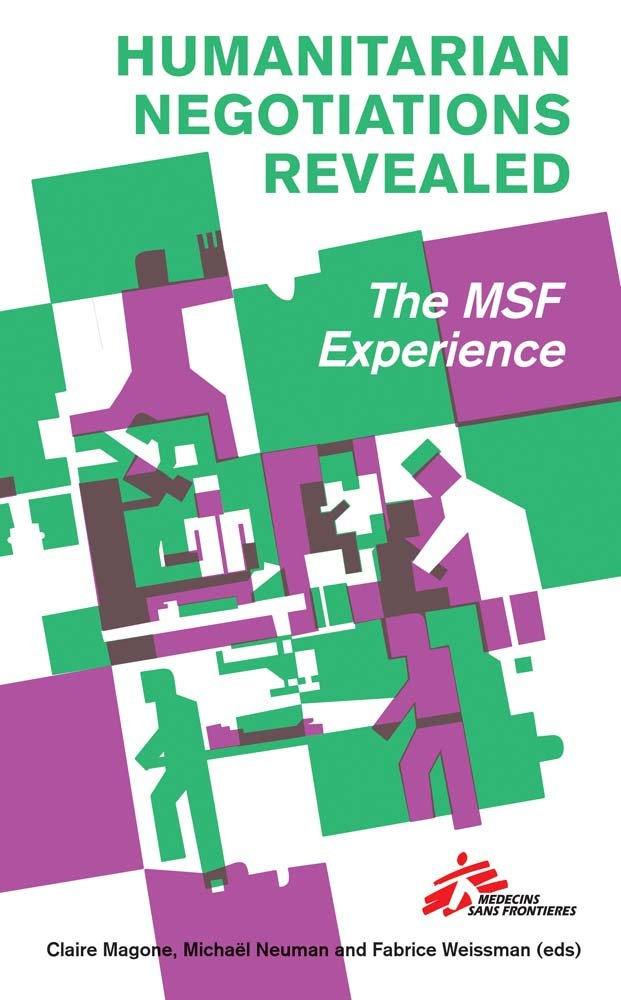
https://www.amazon.com/ 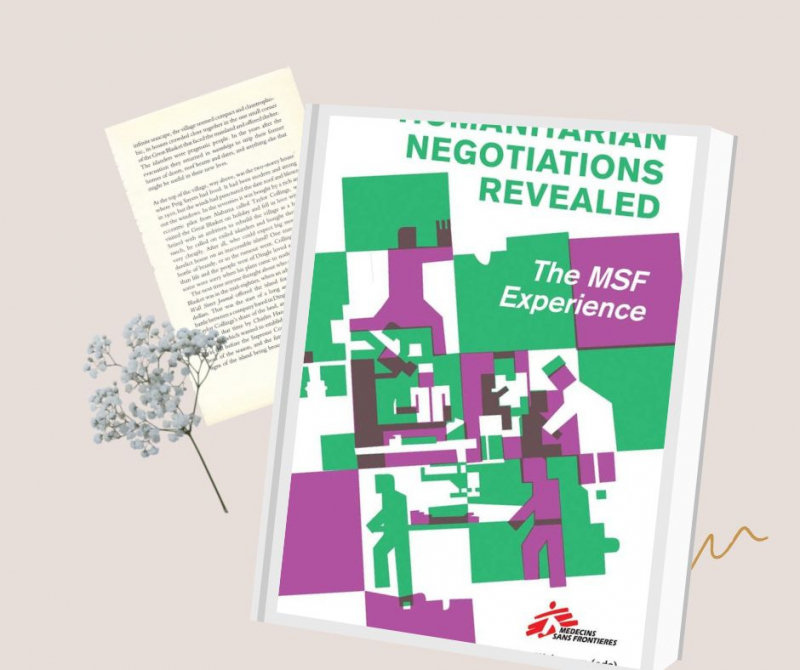
https://www.amazon.com/












